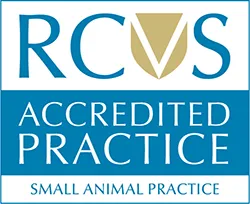Did you know that chocolate is toxic to dogs? A small amount could give your dog an upset stomach, but there are potentially much more serious issues to be aware of when it comes to dogs and chocolate.
It is advised by veterinarians to never feed chocolate to your dogs, and keep all chocolate out of reach. When you’re eating chocolate, keep an eye on your dog to make sure they don’t take a sneaky bite or two when you’re not looking.
Why Is Chocolate so Dangerous for Dogs?
Chocolate contains theobromine, which is tolerated by humans, but extremely toxic to dogs. And the darker the chocolate, the greater the amount of theobromine.
Toxic doses vary depending on the size of your dog, and the solid cocoa content of the chocolate. As a rough guide, it’s been estimated that only 50g of plain chocolate could be enough to kill a small dog, such as a Yorkshire Terrier, while just 400g could be enough to kill an average size dog.
So never give chocolate to your dog, and never leave it in a place where your dog could help themselves to it.
Symptoms of Chocolate Poisoning in Dogs
Chocolate poisoning in dogs can prove fatal. Symptoms include:
- Vomiting containing blood
- Stomach pains
- Diarrhoea
- Dehydration or excessive thirst
- Hyperactivity and excitability
- Drooling
- High temperature and blood pressure
- Abnormal heart rhythm and tremors
- Epileptic-type fits
If your dog is displaying any of these symptoms, take them to your local vet immediately.
Keeping Your Dog Safe
We do see cases of poisoning from dogs and chocolate in our veterinary clinics. Follow these tips to keep your dog safe from chocolate:
- Keep your chocolate hidden away out of sight and unavailable to your dog
- NEVER feed your dog chocolate intended for humans
- If your chocolate is missing, and you suspect your dog is the culprit, contact your vet IMMEDIATELY
There is no antidote for theobromine poisoning, and the treatment will vary depending on the symptoms. As a result, the sooner the treatment is implemented, the greater the chance for recovery.








Pet Help Advice